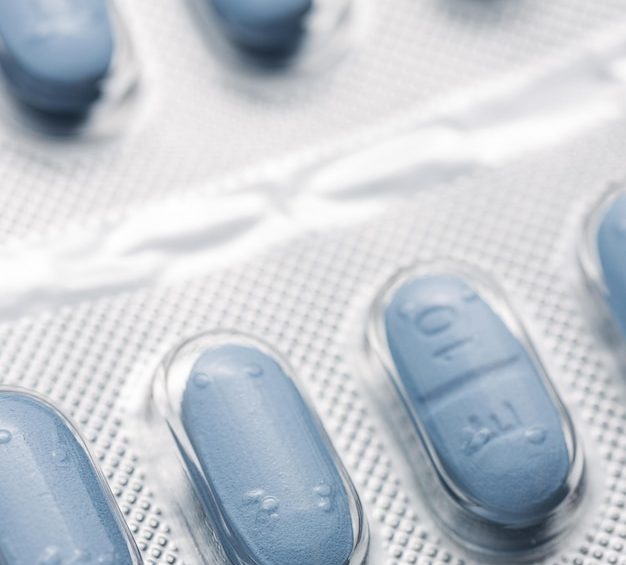Menopause is a natural transition in a woman’s life, marking the end of her reproductive years. This transition is characterized by hormonal changes that can have a significant impact on women’s sexual health. Lovegra, also known as Female Viagra, is a medication that has been shown to help women improve their sexual functioning after menopause. In this article, we will explore the hormonal changes that occur during menopause and the role of Lovegra in enhancing women’s sexual health.
Menopause and Hormonal Changes
Menopause is defined as the permanent cessation of menstrual periods, and it typically occurs between the ages of 45 and 55. During menopause, the body undergoes significant hormonal changes, including a decrease in estrogen levels. Estrogen is a hormone that plays a critical role in women’s reproductive health. It helps to regulate the menstrual cycle, maintain bone density, and keep the vaginal lining healthy.
When estrogen levels decline during menopause, women may experience a range of symptoms, including hot flashes, night sweats, mood changes, and vaginal dryness. Vaginal dryness can be particularly problematic for women, as it can cause discomfort and pain during sexual activity.
The Role of Lovegra in Enhancing Women’s Sexual Health
Lovegra is a medication that has been shown to help women improve their sexual functioning after menopause. The active ingredient in Lovegra is sildenafil, which is the same active ingredient found in Viagra, a medication used to treat erectile dysfunction in men.
Lovegra works by increasing blood flow to the genital area, which can help to improve lubrication and sensitivity. It can also help to increase sexual desire and arousal, making it easier for women to become sexually aroused and achieve orgasm. Securely purchase Lovegra without the need for a prescription at this one-stop-shop: https://mandligmagt.com/kvinders-sundhed.
Lovegra is a safe and effective medication that has been approved by the FDA for use in women. It is important to note that Lovegra should only be used under the supervision of a healthcare provider. Women who are taking certain medications or who have certain medical conditions may not be good candidates for Lovegra.
Benefits of Lovegra for Women After Menopause
Lovegra can provide a range of benefits for women who are experiencing sexual difficulties after menopause. Some of the benefits of Lovegra include:
- Improved Lubrication: Lovegra can help to increase blood flow to the genital area, which can improve lubrication and reduce vaginal dryness. This can help to make sexual activity more comfortable and enjoyable for women.
- Increased Sexual Desire: Lovegra can help to increase sexual desire and arousal, making it easier for women to become sexually aroused and interested in sex.
- Enhanced Sensitivity: Lovegra can help to increase sensitivity in the genital area, making sexual activity more pleasurable for women.
- Improved Sexual Functioning: Lovegra can help to improve overall sexual functioning, including the ability to achieve orgasm.
- Increased Confidence: Lovegra can help to increase women’s confidence in their sexual abilities, which can improve their overall sexual satisfaction.
Conclusion
Menopause can be a challenging time for women, particularly when it comes to sexual health. Hormonal changes can lead to a range of sexual difficulties, including vaginal dryness and decreased sexual desire. Lovegra is a medication that has been shown to help women improve their sexual functioning after menopause. It can provide a range of benefits, including improved lubrication, increased sexual desire, enhanced sensitivity, improved sexual functioning, and increased confidence. If you are experiencing sexual difficulties after menopause, talk to your healthcare provider about whether Lovegra may be right for you.





